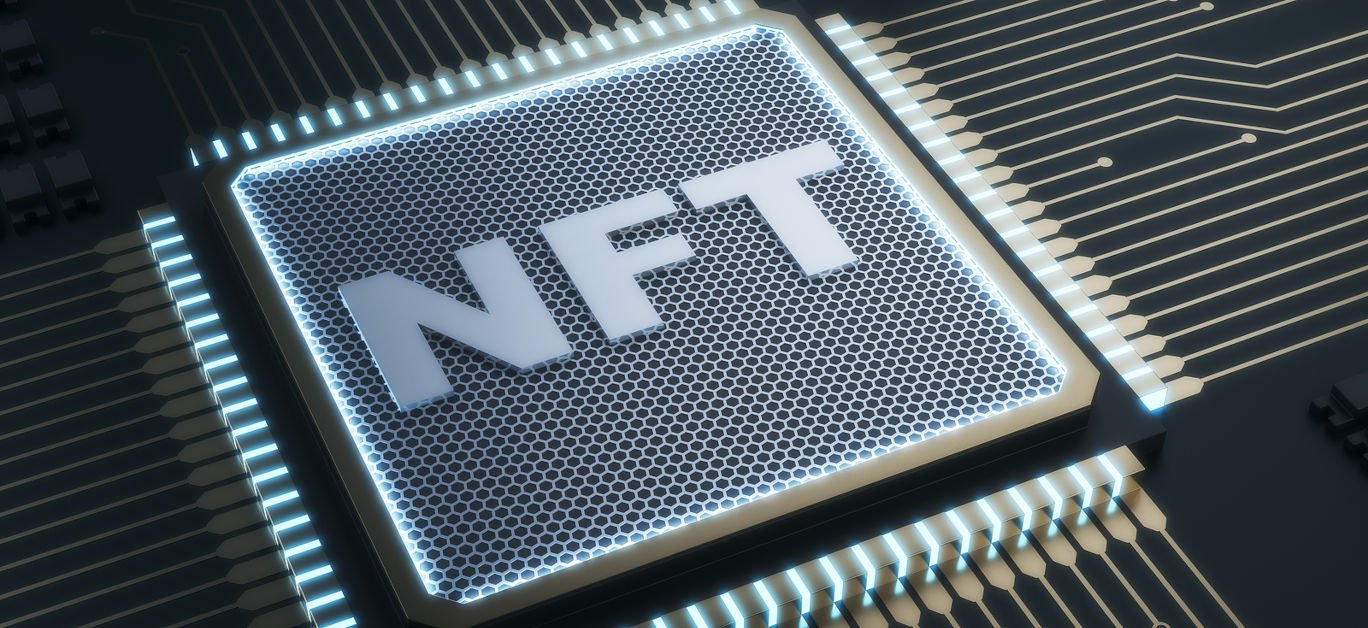The world of scientific discovery has always been driven by innovation and the quest for new knowledge. Over the years, scientists have used various tools and technologies to unlock the mysteries of the universe, from telescopes to microscopes, from test tubes to supercomputers. In recent years, a new technology has emerged that is changing the landscape of NFTs in Scientific Discovery
Table of Contents
- 1 What are NFTs?
- 2 How NFTs are Revolutionizing Scientific Discovery
- 3 Authenticating and Protecting Research Data
- 4 Funding and Monetizing Research
- 5 Collaborative Research and Knowledge Sharing
- 6 Creating Virtual Laboratories and Simulations
- 7 Enhancing Intellectual Property Rights
- 8 Enhancing Science Education and Outreach
- 9 Creating Incentives for Citizen Science
- 10 Conclusion:
What are NFTs?
NFTs are digital assets that represent ownership of a unique piece of digital content or property, such as artwork, music, videos, and even virtual real estate. Unlike cryptocurrencies such as Bitcoin or Ethereum, which are fungible and can be exchanged for one another, NFTs are unique and cannot be exchanged on a one-to-one basis. Each NFT has its own value and can be bought, sold, and traded on various online marketplaces.
How NFTs are Revolutionizing Scientific Discovery
The use of NFTs in scientific discovery is still in its early stages, but the potential is enormous. Here are some ways in which NFTs are already making a paradigm shift in the field of scientific research:
Authenticating and Protecting Research Data
One of the challenges in scientific research is ensuring the authenticity and integrity of research data. With NFTs, researchers can create digital tokens that represent their research findings and attach them to the original data. These tokens can serve as proof of ownership and authenticity, providing a verifiable record of the research process. This can help prevent plagiarism, data tampering, and intellectual property theft, enhancing the trustworthiness of scientific research.
Funding and Monetizing Research

Research funding has always been a critical aspect of scientific discovery. NFTs provide a new way for researchers to raise funds and monetize their work. By creating NFTs that represent their research projects or scientific achievements, researchers can sell or auction them on online marketplaces to raise funds for their research. This can democratize funding opportunities, allowing researchers to access resources and support from a global audience.
Collaborative Research and Knowledge Sharing
NFTs can also facilitate collaborative research and knowledge sharing among scientists. Researchers can create NFTs that represent their research data, findings, or publications and share them with other scientists. These NFTs can be bought, sold, or traded among researchers, creating a decentralized and incentivized system for sharing knowledge and fostering collaboration. This can accelerate the pace of scientific discovery by breaking down traditional barriers to information access and collaboration.
Creating Virtual Laboratories and Simulations
Virtual reality (VR) and augmented reality (AR) technologies are becoming increasingly popular in scientific research. NFTs can be used to create virtual laboratories or simulations that can be accessed and experienced by researchers from around the world. These virtual environments can provide realistic and immersive experiences for conducting experiments, simulations, or data analysis, enhancing the efficiency and effectiveness of scientific research.
Enhancing Intellectual Property Rights
Intellectual property (IP) rights are crucial in scientific research, as they protect the ownership and commercialization of research findings. NFTs can help researchers establish and enforce IP rights by creating digital tokens that represent their inventions, patents, or copyrights. These tokens can be bought, sold, or traded, providing a transparent and verifiable record of IP ownership. This can simplify the IP management process and incentivize researchers to commercialize their inventions, benefiting both researchers and society.
Enhancing Science Education and Outreach
NFTs can also play a role in science education and outreach. Researchers or institutions can create NFTs that represent educational content, such as interactive simulations, scientific illustrations, or multimedia presentations, and sell or auction them on online marketplaces. This can provide a new revenue stream for science education and outreach programs, while also making engaging and immersive educational content accessible to a wider audience.
Creating Incentives for Citizen Science
Citizen science, where members of the public actively participate in scientific research, has gained momentum in recent years. NFTs can be used to create incentives for citizen science participation. Researchers can create NFTs that represent rewards, recognition, or exclusive access to research findings, and distribute them to citizen scientists as tokens of appreciation. This can motivate and incentivize citizen scientists to contribute to scientific research, leading to a more participatory and inclusive scientific discovery process.
Read More:NFTs and Gaming: The Next Big Thing in Esports?
Conclusion:
the integration of NFTs in scientific discovery has the potential to revolutionize the field in unprecedented ways. From authenticating and protecting research data to funding and monetizing research, facilitating collaborative research and knowledge sharing, creating virtual laboratories and simulations, enhancing intellectual property rights, and promoting science education and citizen science, NFTs offer a paradigm shift in how science is conducted, shared, and monetized.
As this technology continues to evolve, it presents exciting opportunities for researchers, institutions, and the broader scientific community. Embracing the power of NFTs in scientific discovery can unlock new possibilities and drive innovation in the pursuit of knowledge. It’s time for the scientific community to harness the potential of NFTs and unleash their power in shaping the future of scientific research.


